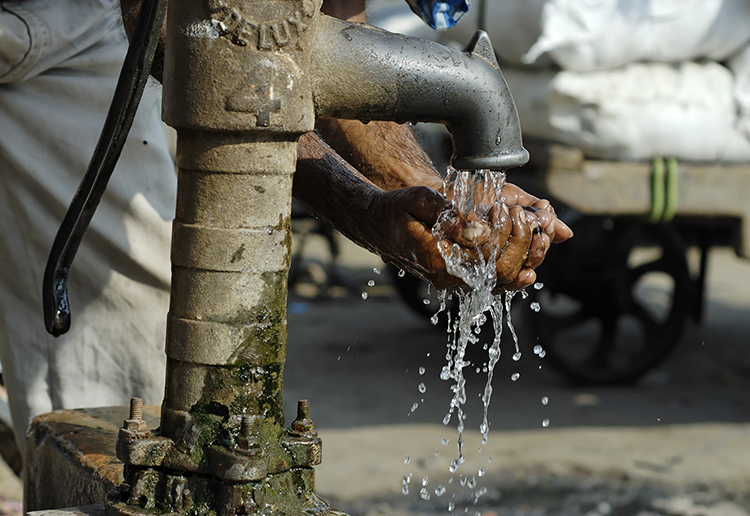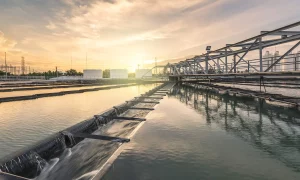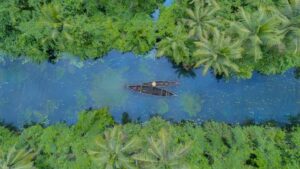PERSPECTIVES
The year 2020 marks the 10th anniversary of the United Nations resolution that recognized the human rights to water and sanitation (HRtWS), and is the last year of the second mandate of the Special Rapporteurs, spanning 12 years in total.

This paper discusses the challenges in the fulfilment of the rights through the work of the SRs, based on an analysis of the twenty-three country visits, seven follow-up reports, and twenty-two thematic reports elaborated during this time. While policy, regulation and finance receive the most attention from the SRs, the analysis of the follow-up reports show that the SRs’ recommendations alone might not be enough to trigger structural changes at country level. Aspects of accountability, equality and nondiscrimination also stand out in the work of the SRs. Based on the analysis, the last section identifies topics, settings, and groups that require further attention from a human rights perspective including: extraterritorial obligations, including transboundary waters; the UN and the HRtWS; climate change; public provision of water and sanitation services; drinking water quality control and surveillance; rural sanitation; indigenous peoples; sanitation workers; informal settlements; and capacity development.
This article belongs to the Special Issue Human Rights to Water and Sanitation.
Heller, L.; De Albuquerque, C.; Roaf, V.; Jiménez, A. Overview of 12 Years of Special Rapporteurs on the Human Rights to Water and Sanitation: Looking Forward to Future Challenges. Water 2020, 12, 2598.



